Leading change
Unisa an epicentre of knowledge production
It is often said that a graduation day is a roller coaster of emotions for grads and their families alike. It’s a moment of celebration, achievement, hope for the future, and reflection on the past. This was the prevailing attitude that swept across the ZK Matthews Great Hall as graduates ascended on stage to receive their qualifications on 8 March 2017.
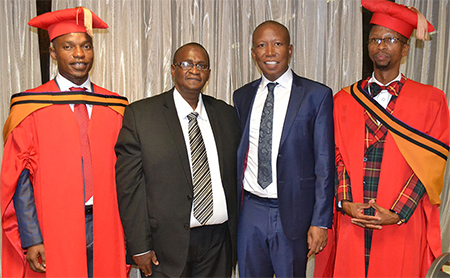
Dr Elias Monhla (Phd graduate ) (left) and Dr Ben Senokoane (PhD graduate) (right) on their graduation at Unisa with Prof Michael Temane (Acting Registrar) and Julius Malema (MP)
The ceremony almost came to a standstill when the audience gave a standing ovation to Dr Elias Monhla and Dr Ben Senokoane when their names were called upon to receive their doctoral degrees, the highest academic qualification that can be conferred on an individual. Judging by their facial expressions, only one message was crystal clear; that the graduation was a conclusion of one chapter and the beginning of another.
Monhla, who was accompanied by his family, said his academic journey was worthwhile and it gave him self-fulfillment. His Doctor of Theology: Theological Ethics thesis unravels the African identity and debunks the myth that sets it at odds with the Christian faith.
’’Since the advent of the Christian faith in Africa, in general, and in South Africa, in particular, there has been tension in the Christian of African descent. This tension is fuelled in my belief by the fact that the Christian belief system seems comfortable only when it has a monopoly over what is perceived to be truth or knowledge. We know in Africa that knowledge or the truth is arrived at collectively. My research project was aimed at bring the aspects of being African and Christian into critical conversation and to argue that the church order of the Uniting Reformed Church in Southern Africa must create space for this vital conversation. Issues of baptism and Holy Communion should not be used as a means of keeping out those who remain in tune with their Africanity, but should be used in manners that acknowledge the essence of enculturation in the African church today,” he said.
He said his doctoral studies challenge a long-established misconception about religion and African identity. “Before I became a Christian, I am an African. Africanism is encroached within my roots; pigmentation of my skin technically allocates the planet of my origin.”
He added that studying at Unisa takes great discipline and determination. “You need to plan your work well ahead of time and for you to get satisfaction from your supervisor, I believe it is fundamental that you work hard and that the supervisor sees your determination. This in my view guarantees the necessary feedback in time, and thereby, one is guaranteed to complete one’s research in record time,” he said.
He urged prospective doctoral students to choose a research subject they are passionate about and he believe this will make their studies easy.
A calm Senokoane from Unisa’s Department of Philosophy and Systematic Theology said although his studies weren’t without challenges they came with life-changing lessons. “My journey was very very long. It took me more or less nine years. I have learnt many things but the outstanding one was that I discovered my love for blackness and as a result interrogated whiteness,” he said.
Senokoane is not new to Unisa studies since he did his undergraduate degree through the university. He said it was critical to increase the number of doctoral and PhD candidates in order to promote education, especially amongst the previously disadvantaged groups.
Senokoane was accompanied by his wife and children, who came to witness the rise of their father up the academic ladder. He said education was an effective instrument that could change the fortunes of any nation.
“Education is key in shaping and sharpening our thinking. The topic, problem statement and hypothesis must be aimed at the liberation of blacks and the oppressed. And we need experts to conceptualise and theorise this as it has been done by whites on behalf of blacks. We must diagnose the problems as blacks and equally solve our own problems,” he said.
*By Percy Mthombeni
Publish date: 2017-03-13 00:00:00.0


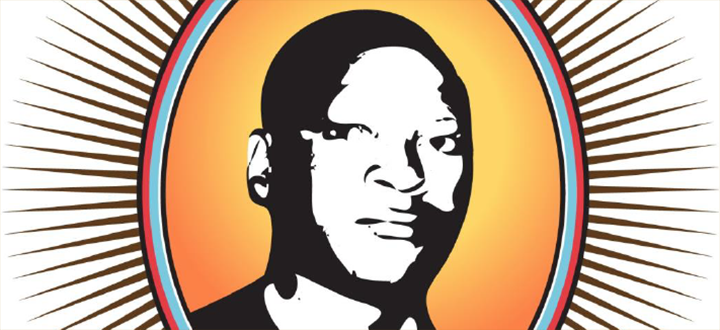 Unisa honours Dr OK Matsepe's enduring legacy
Unisa honours Dr OK Matsepe's enduring legacy
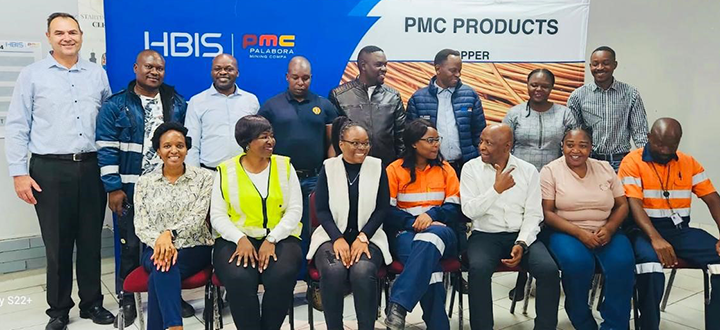 Great strides towards concretising Unisa-PMC partnership
Great strides towards concretising Unisa-PMC partnership
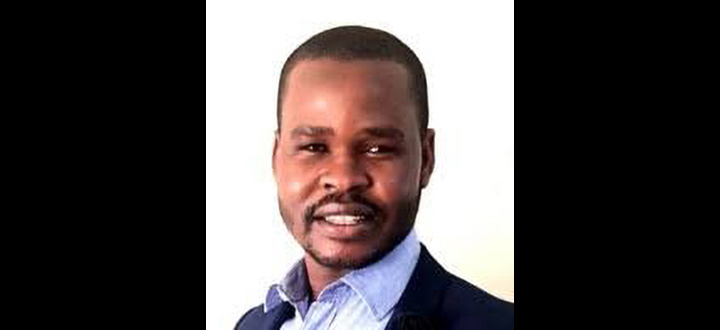 Mental health among men in the workplace needs more attention
Mental health among men in the workplace needs more attention
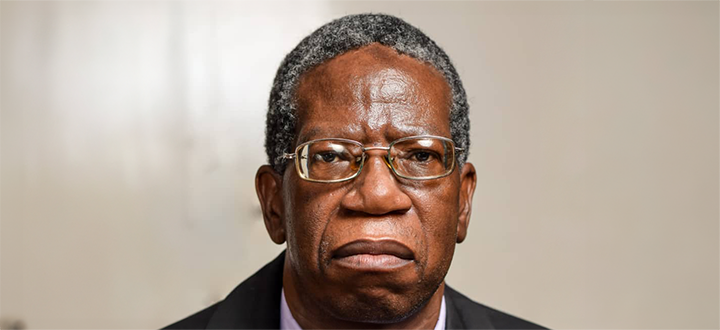 "I owe everything to Unisa and my late supervisor's priceless mentoring"
"I owe everything to Unisa and my late supervisor's priceless mentoring"
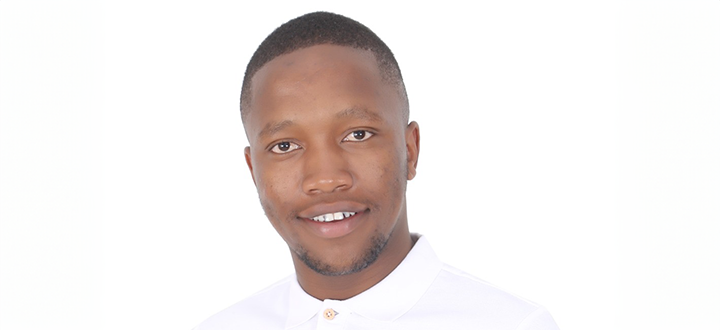 Majikijela - a queer scholar raising homosexuality awareness through his work
Majikijela - a queer scholar raising homosexuality awareness through his work